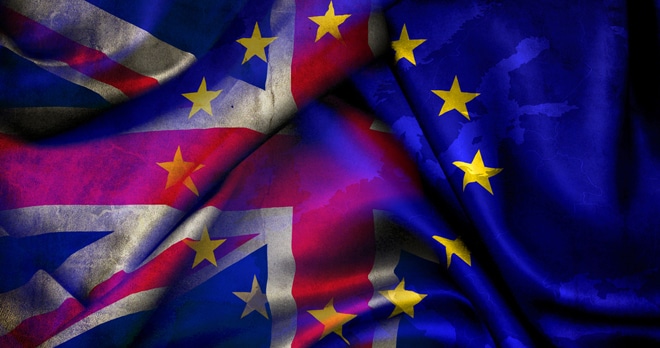Brexit and passporting rights

If the UK does not negotiate an EEA model and instead negotiates a ‘hard Brexit’, this may affect passporting rights. Passporting rights are rights available to firms authorised under one of the EU Single Market directives to carry on activities in another member state with the benefit of authorisation by its home state. This enables banks to engage in cross-border business across the EU without special licences. For example, a UK bank can use its passporting rights under the CRD IV Directive (2013/36/EU) to carry out banking activities, such as lending, in other member states, without additional special licences in those member states.
As a consequence of a hard Brexit banks will need to consider if they need the relevant licences or not, which will vary for retail and non-retail lending. Non- retail lending in some member states does not need to be done pursuant to a licence. Alternative lending structures and relocating of lending transactions may be adopted but this will depend on the regulatory requirements for the relevant member state and the Brexit deal ultimately agreed. This may in turn affect withholding of interest payments to banks by borrowers and the tax on such payments.
Some lenders may consider relocating or co-locating their trading operations for the purposes of making EU loans. Clearly there is much uncertainty about determining how Brexit will affect the rights of UK citizens and companies and further consideration will need to be given to contingency planning in the near future.